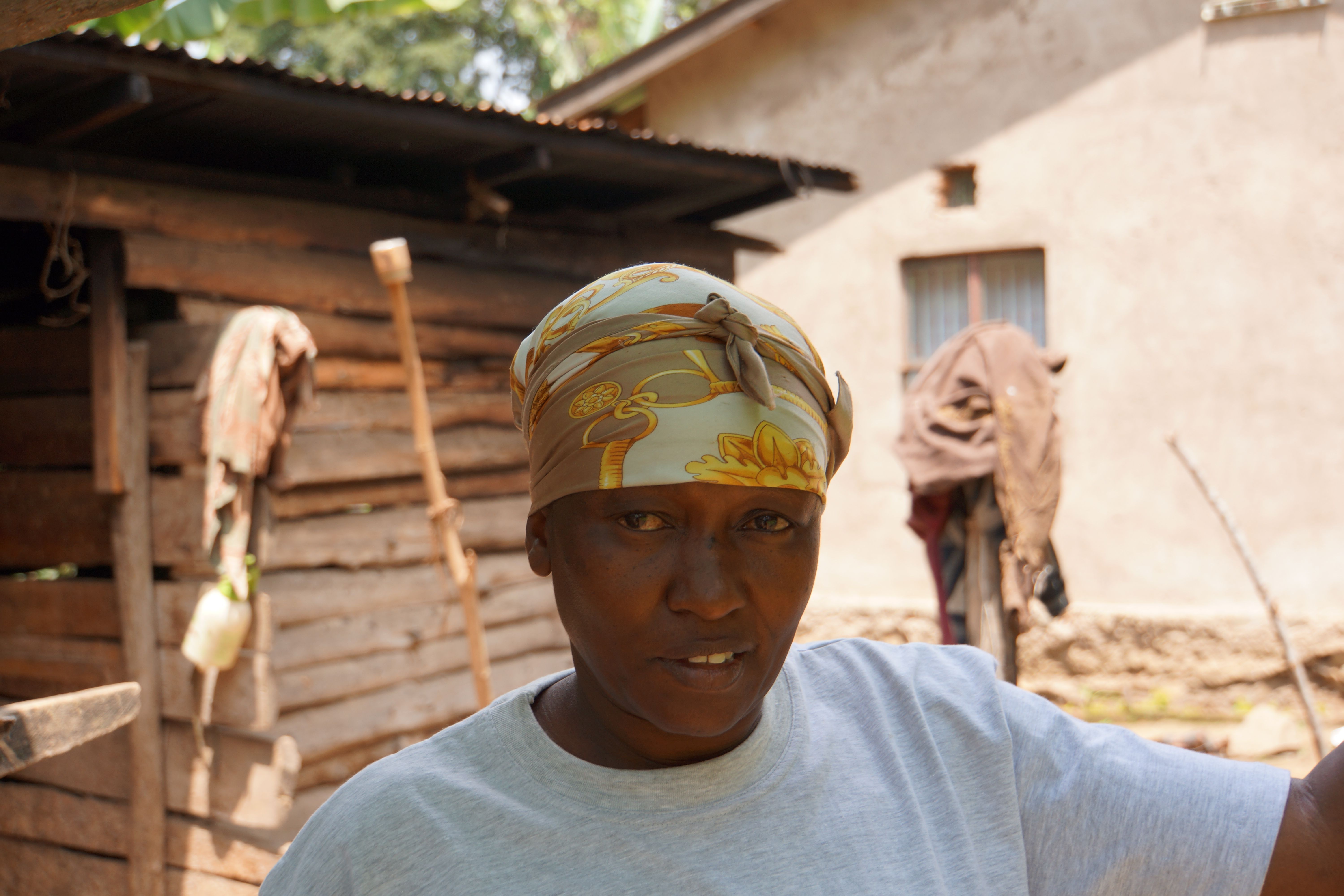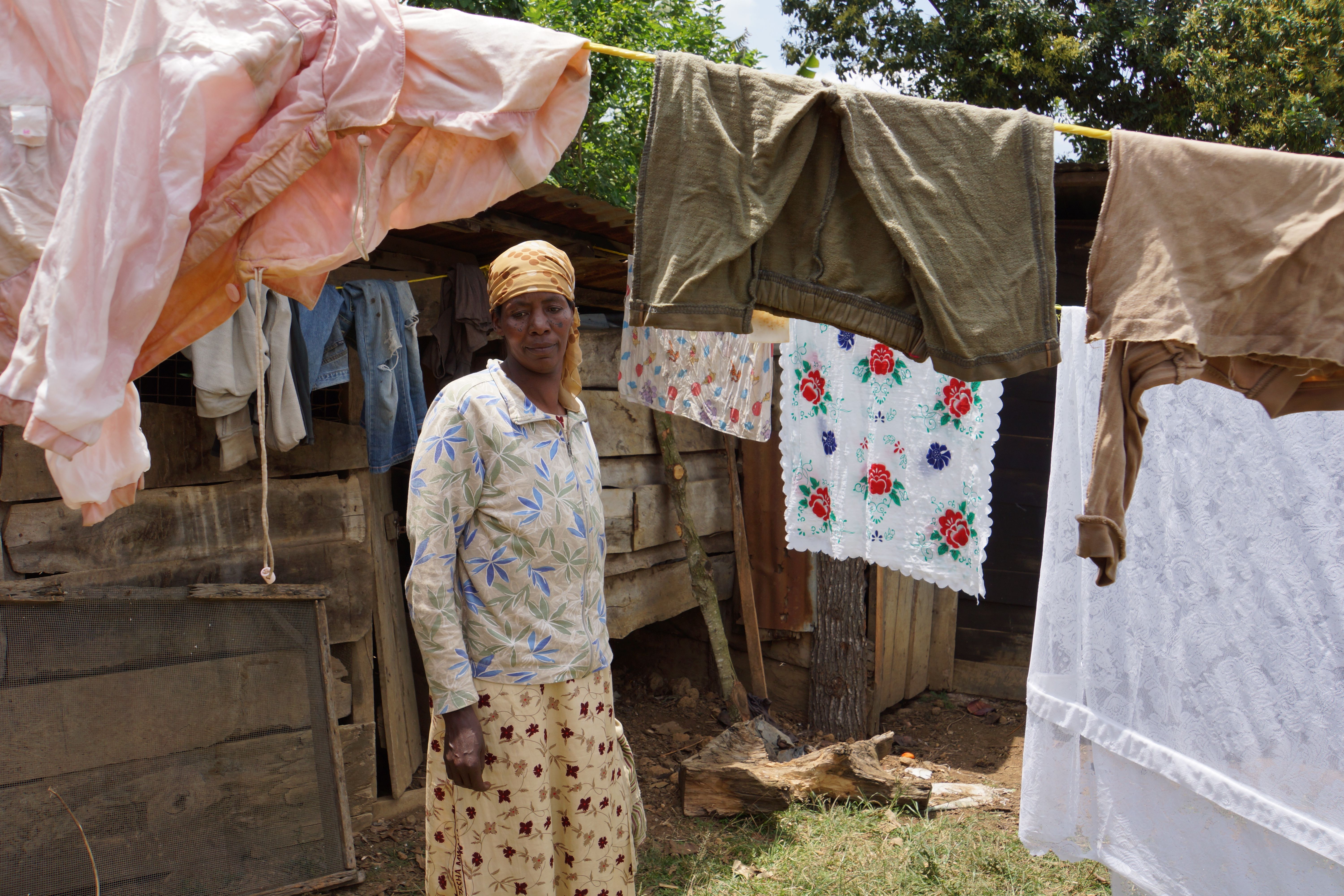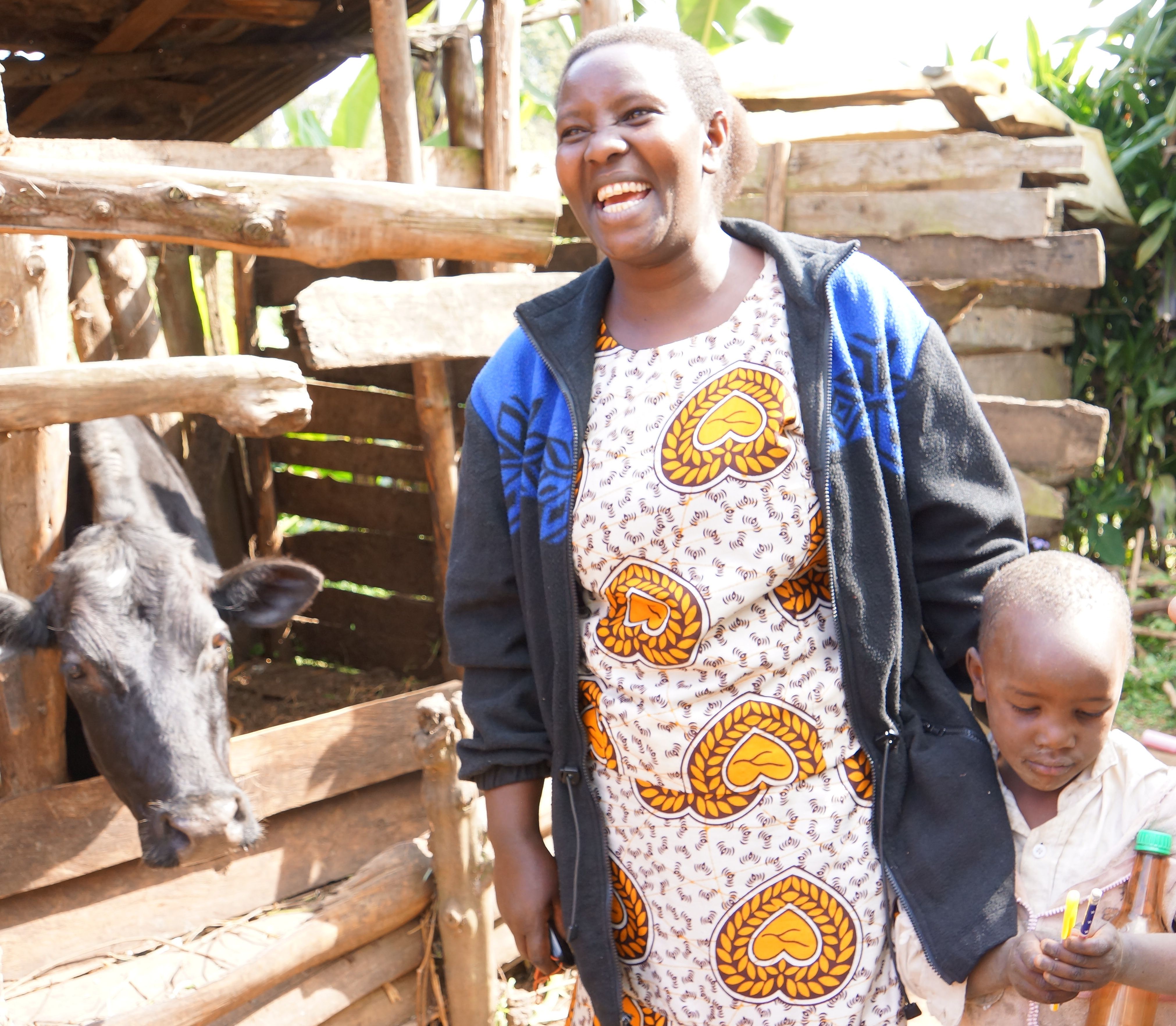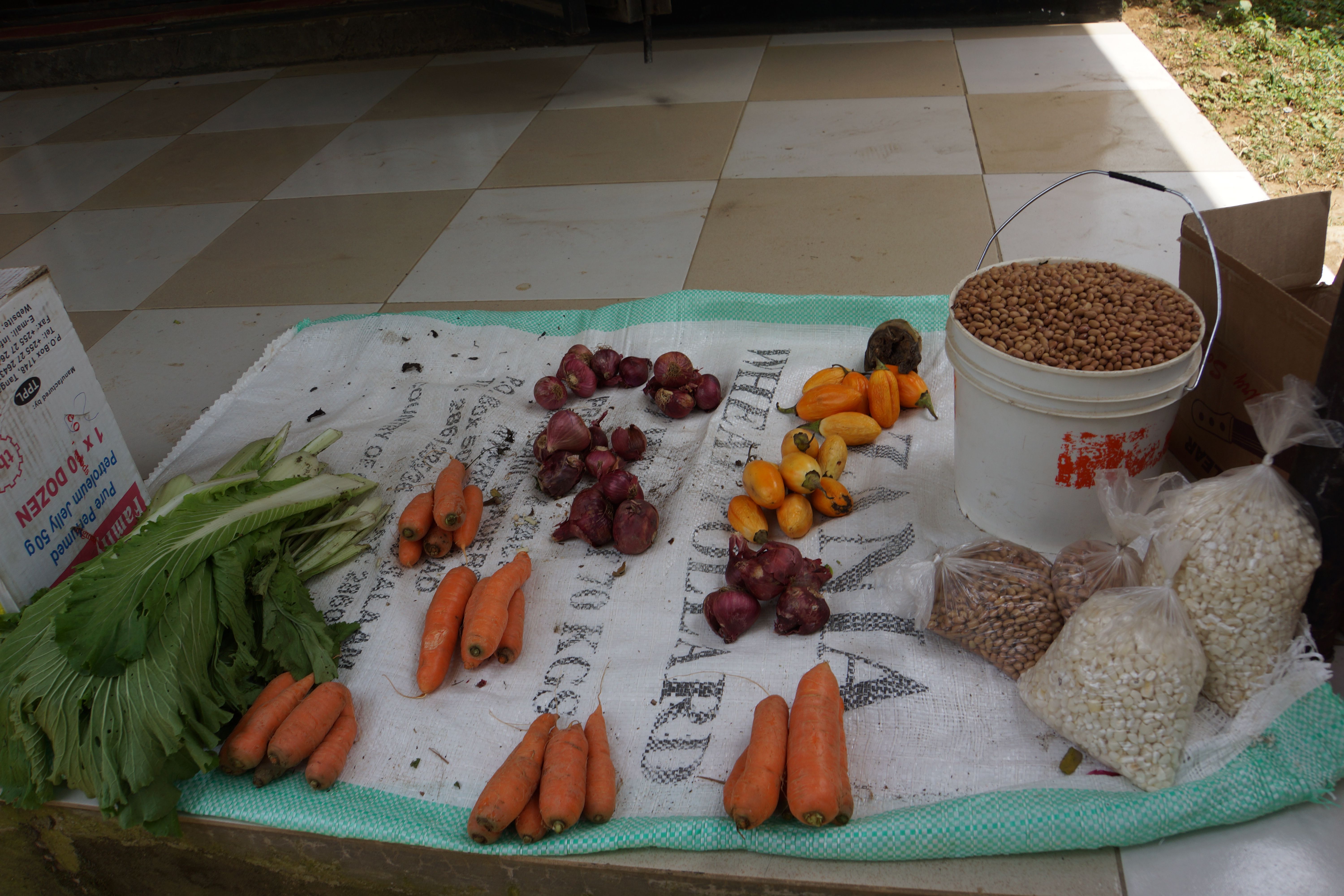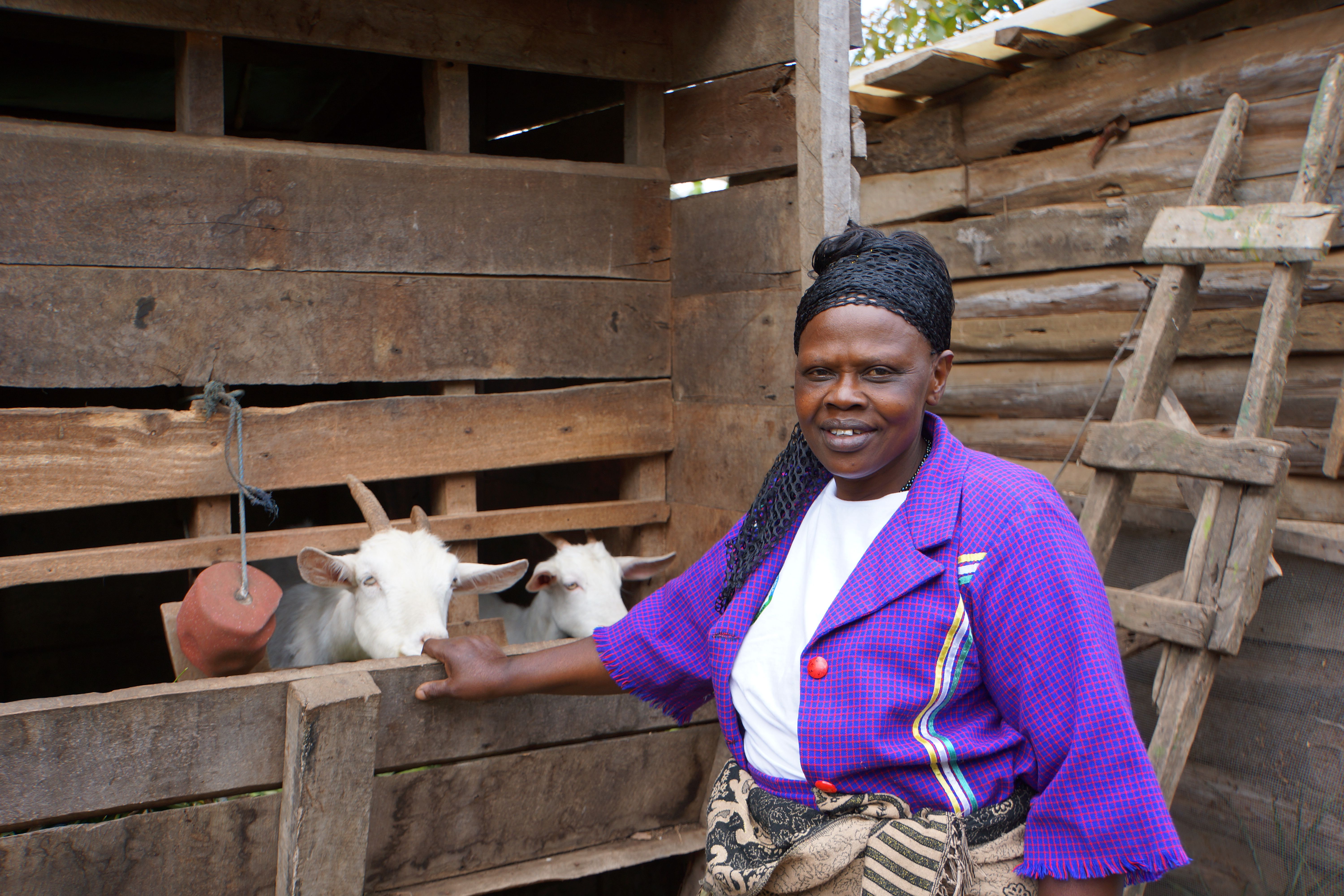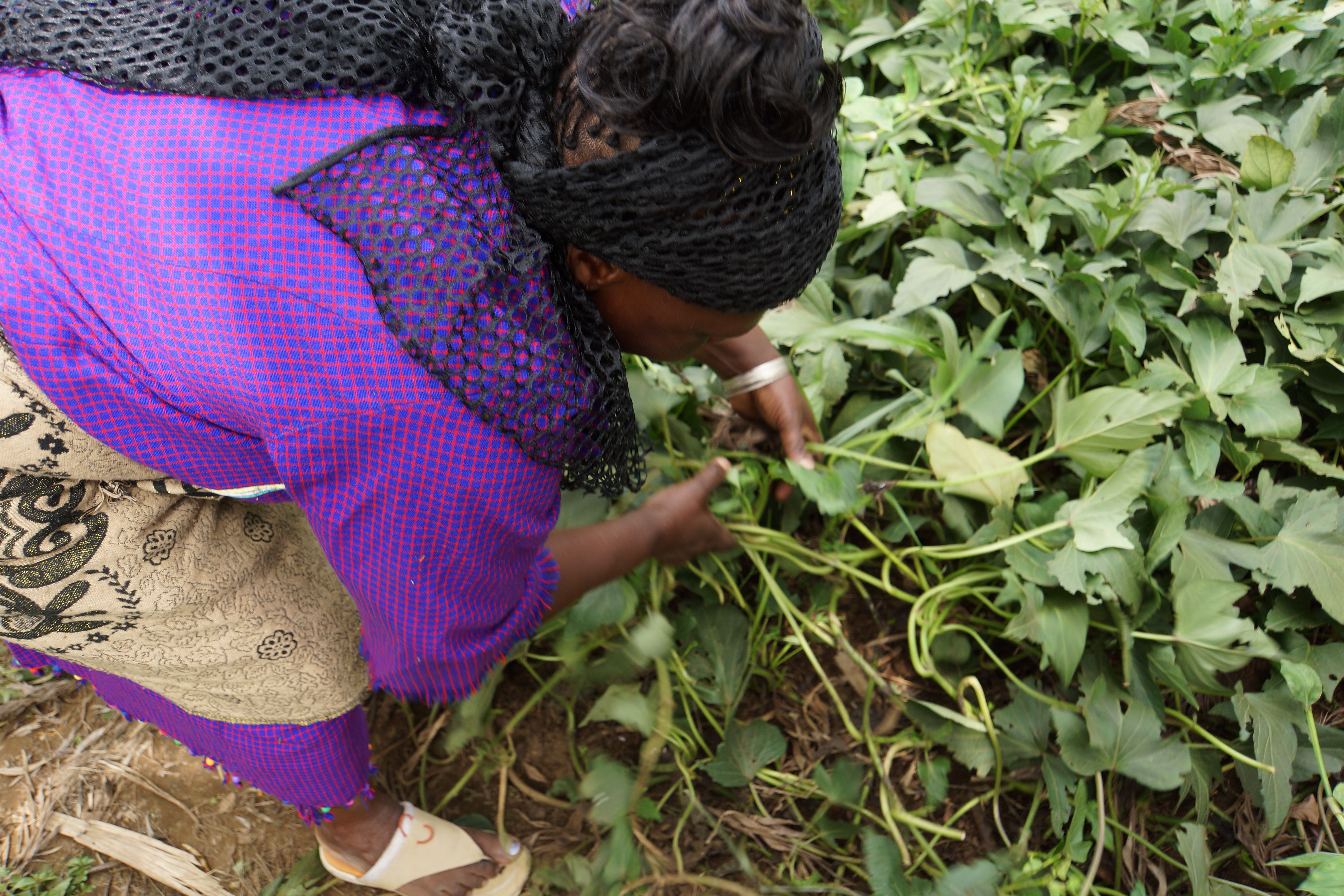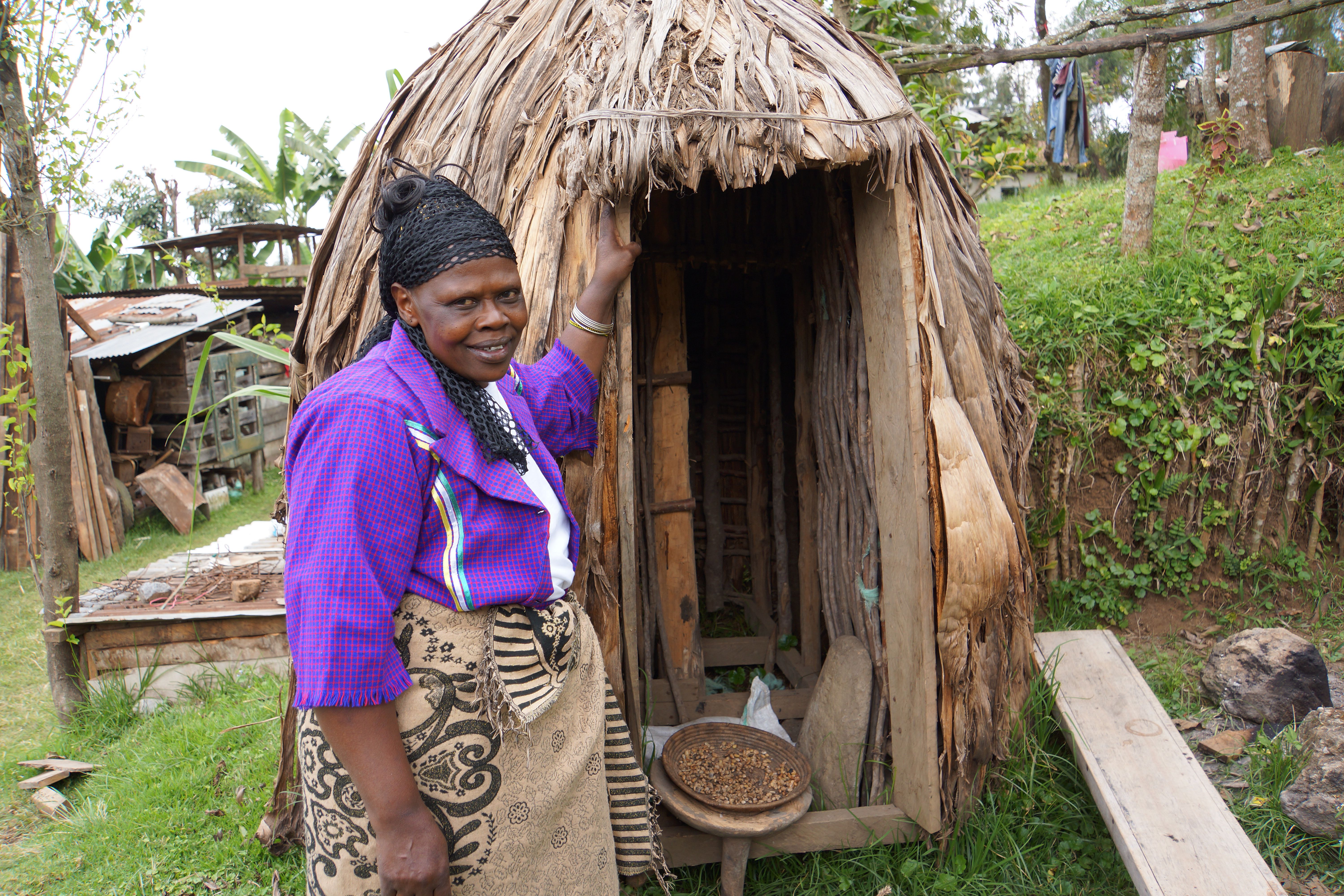October 30, 2013 | Pulitzer Center
Women provide more than half the labor on farms in sub-Saharan Africa, but many lack access to land, capital, extension and farm inputs that could help boost productivity. Empowering them is seen as an urgent priority.
Women in Tanzania’s Mt. Meru region are something of a role model for change. They’ve formed cooperatives with the help of U.S.-based Land O’Lakes, and they are expanding into milk processing and other businesses.
